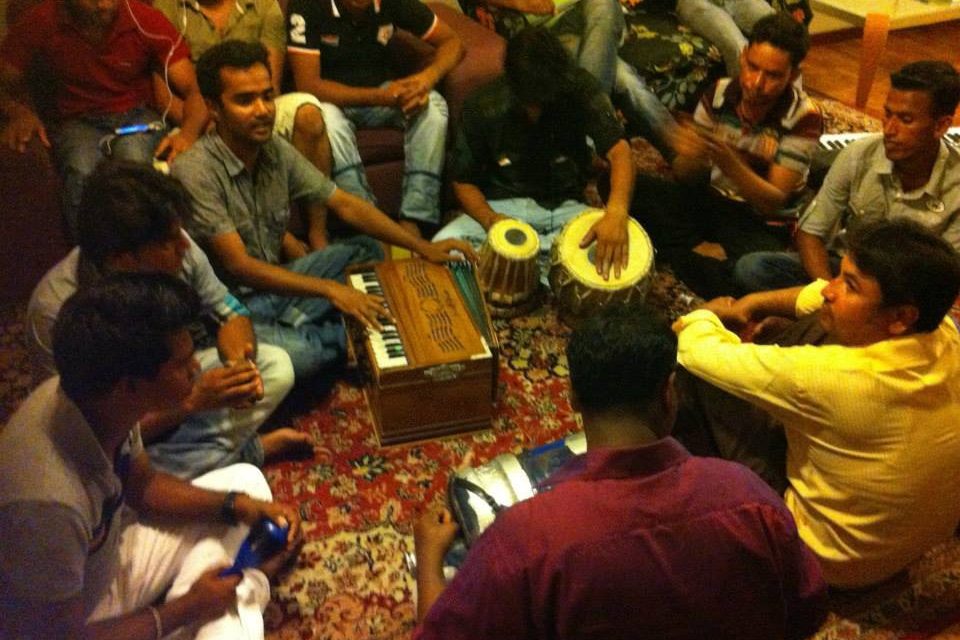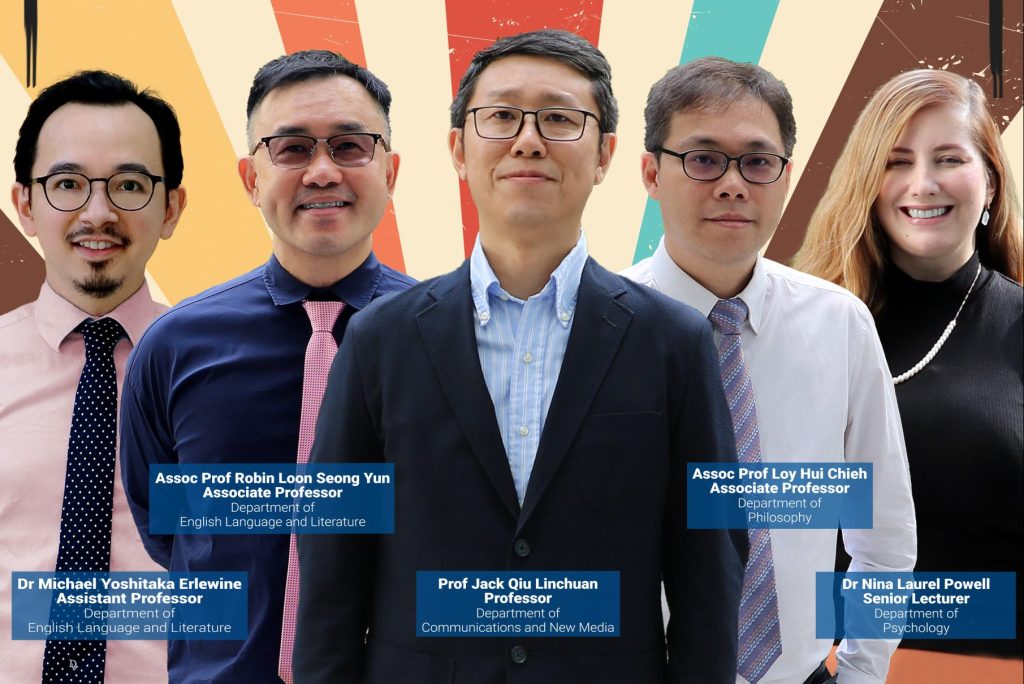News
While the government is doing much for seniors, it makes sense to know what our specific adequacy goals for meeting seniors’ needs are, and what more could be done.
The Ministry of Education Tier 1 Grants, administered by the NUS Faculty of Arts and Social Sciences, have 2 to 3 calls every financial year. The application is open to all tenure track faculty members and the grant supports projects in the social sciences and humanities with a total project value of below S$180,000 over …
Featuring A Success Story (FASS) – Tier 1 Grants Read More »
The Misuse of Drugs (Amendment) Act was passed by Parliament on 15 January 2019. One of the Act’s provisions allows repeat drug offenders who are without concurrent offences a chance for rehabilitation at the Drug Rehabilitation Centre. The Singapore Prison Service hopes that the enhanced rehabilitation measures for such offenders will lower the recidivism rate. …
Minority Gangs in Singapore Prisons: Prisonisation Revisited Read More »
In ‘Move beyond “us vs them” differences and embrace heritage in building national identity: IPS panel’ (??? ??????? ?????, January 2022), Associate Professor Elaine Ho (NUS Geography) discusses how Singapore’s position as a cosmopolitan city affects its national identity.
Congratulations to the winners of the 2021 FASS Inspiring Mentor Awards!
Thanks to technology, in-depth experiences of faraway places are still possible despite COVID-19 slowing down international travel — as some 80 NUS students found out as participants of the latest, ‘virtual’, iteration of the NUS Study Trips for Engagement and EnRichment (STEER) programme travelled to Africa.
The NUS Faculty of Arts and Social Sciences is proud to announce the 37 winners of the Faculty Teaching Excellence Award for their work in AY2020‐21, 16 of which have also been nominated for the Annual Teaching Excellence Award(ATEA) and Annual Digital Education Award (ADEA).
Computers know everything and artificial intelligence is acquiring the skills to apply that knowledge. What is there left to teach? Newly appointed Dean of NUS College Professor Simon Chesterman, answers that question in this opinion piece.
Current Dean of NUS Law Professor Simon Chesterman, has been appointed the Dean of Singapore’s first honours college, formed through the merger of the University Scholars Programme (USP) and Yale-NUS College — NUS College.











